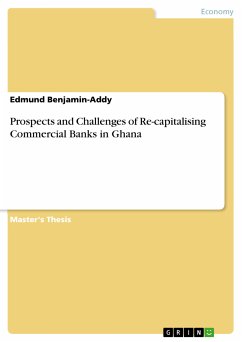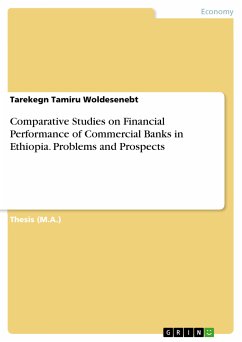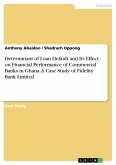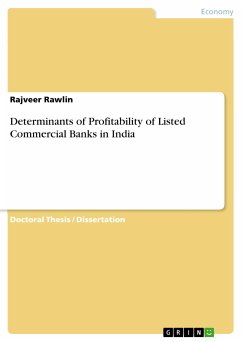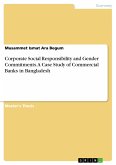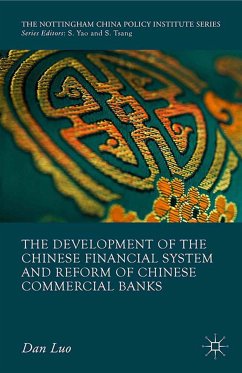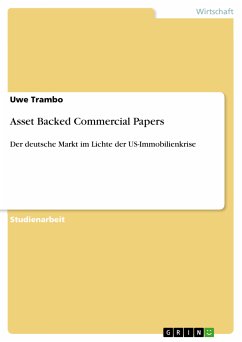Master's Thesis from the year 2012 in the subject Business economics - Banking, Stock Exchanges, Insurance, Accounting, Methodist University College Ghana, course: Finance, language: English, abstract: In recent times a lot of banks have found Ghana a good destination for extending their operations and this has heightened competition in the banking industry. By way of ensuring that banks maintain adequate working capital, the industry regulator i.e. Bank of Ghana came out with a directive instructing all commercial banks to ensure that by the close of December 2012 their operating capitals do not fall below GH¢60million. As at the close of December 2011, almost all foreign banks had complied. However, some local banks are sensing serious limitation in meeting the order. The study therefore had the objective of finding out the challenges facing these banks thereby recommending avenues for raising funds to meet the proposed capital requirement. Six banks operating in the Accra business district namely National Investment Bank (NIB), Ecobank Ghana Ltd. (ECB), Prudential Bank, Ghana Commercial Bank, Merchant Bank Ghana and Zenith Bank were used for study. Primary data was obtained by soliciting views from bank officials on questions like what challenges confront Ghanaian Banks in their cash mobilization efforts? How could the banks generate more funds from the Ghana Stock Exchange? What efforts were being made to secure funding from strategic investors? How could they reduce operating cost to enhance working capital? The secondary data emanated from financial statements and brochures of the banks. There was a direct approach to officers of these banks whose job description included liquidity adequacy or assets liability management. The questionnaire technique was adopted as the ideal research instrument. The data was analyzed using SPSS application, TOPAZ and resulting charts and graphs was featured. [...] Recommendations made call on the struggling banks to consider mergers and acquisition as a viable option to staying in business. It has also been suggested that The Central Bank could assist commercial banks in saving some funds to beef up their liquidity positions by financing compulsory service delivery systems such as ATMs, through long term loans. Some conclusions drawn are that some commercial banks genuinely need help to recapitalize and that options being considered include attracting strategic international partners, mergers and acquisitions, as well as looking inwards to cut cost so as to step up liquidity levels.

